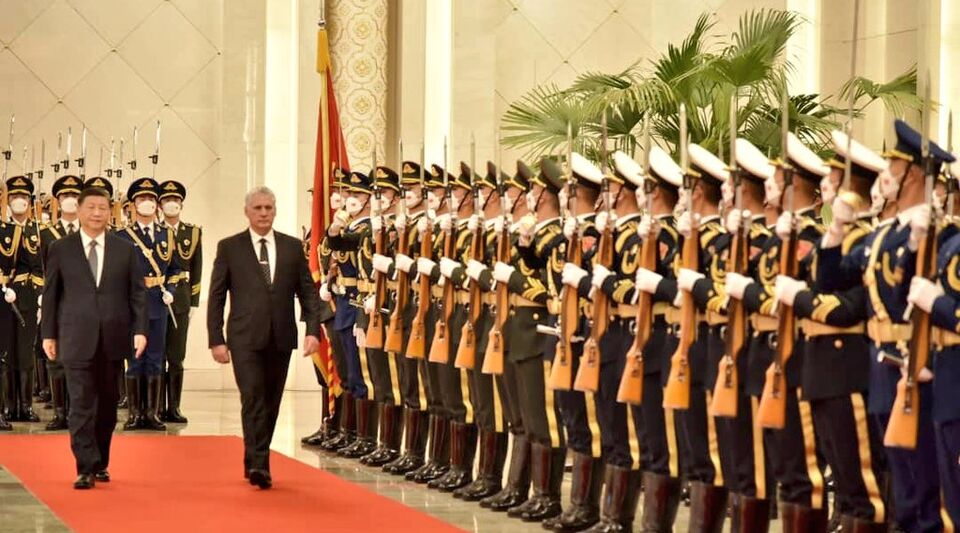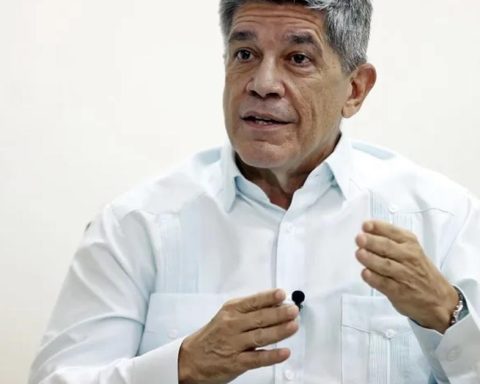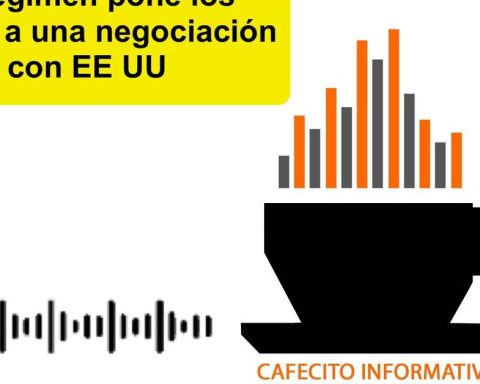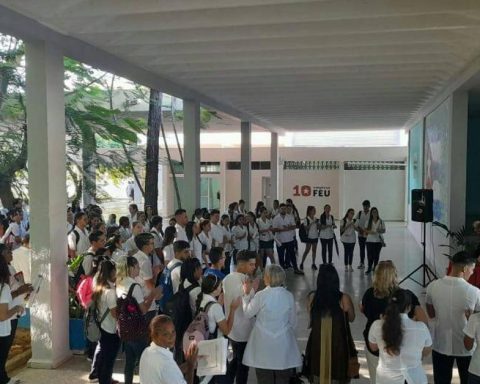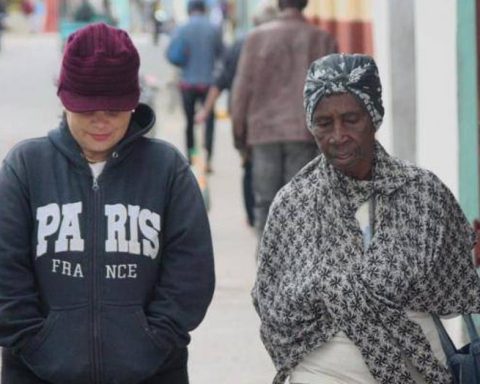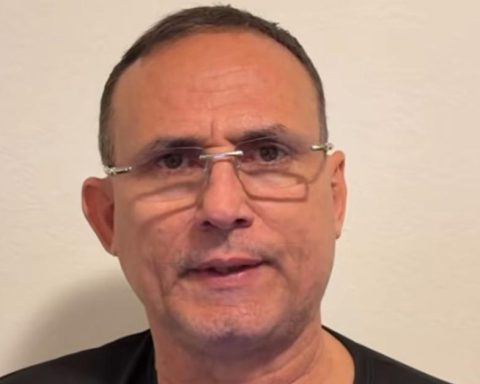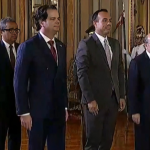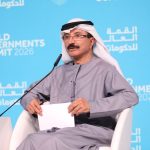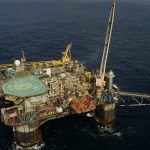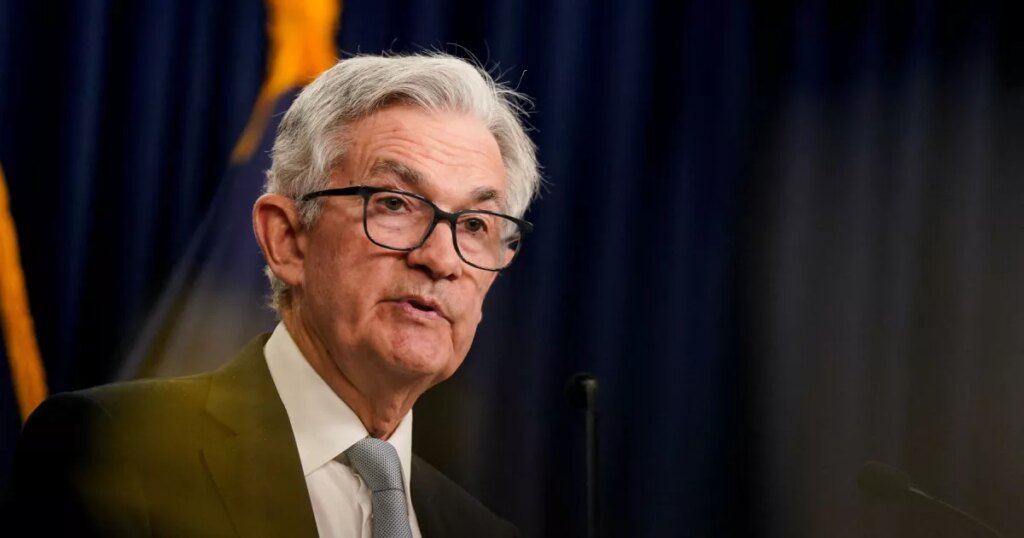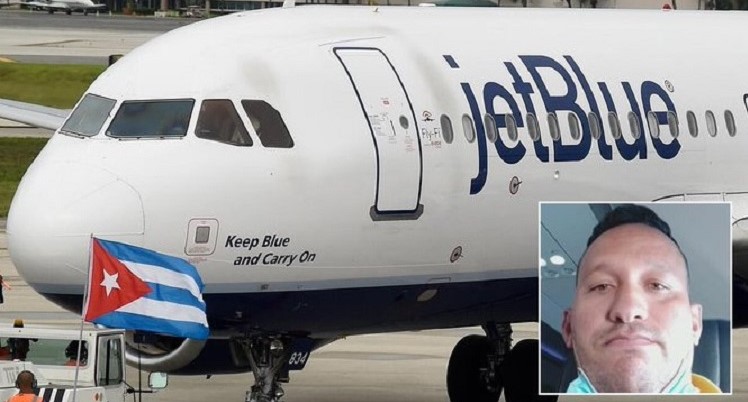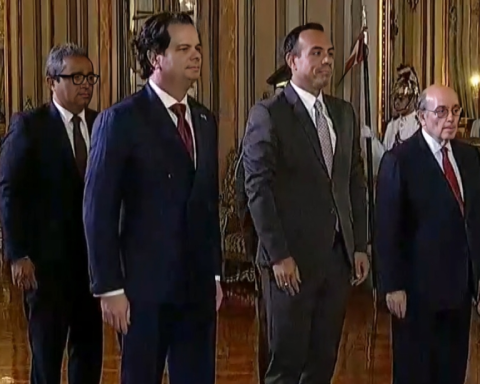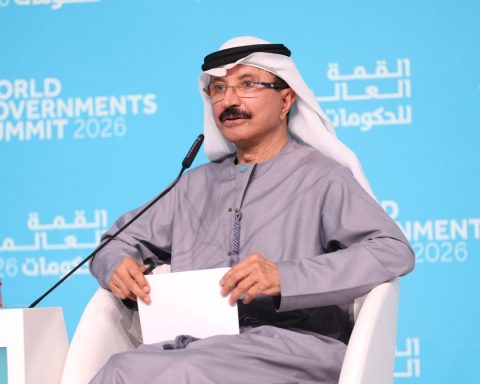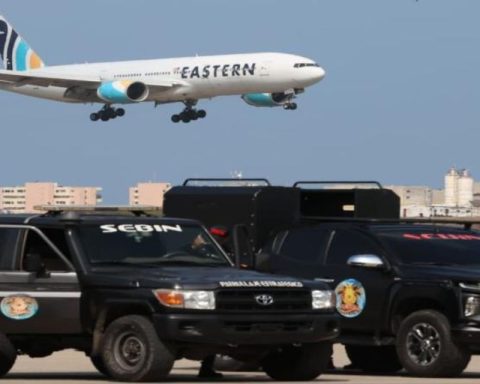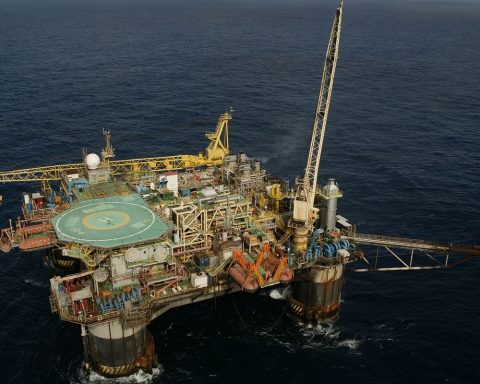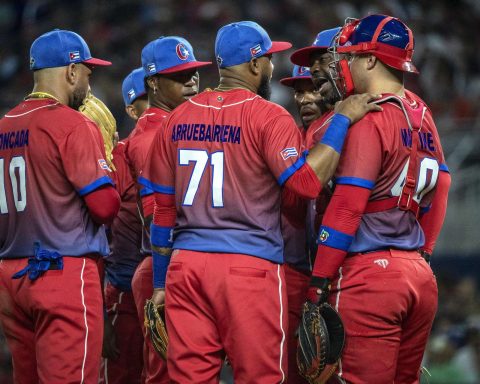(EFE).- Chinese President Xi Jinping and his Cuban counterpart, Miguel Díaz-Canel, held a meeting in Beijing this Friday in which the Chinese president declared that his country “will do everything possible to provide support” Cubans, who “face great challenges”, reported the local press.
Xi assured that, “regardless of the international situation,” the Asian country “will not change” its policy of “friendship” with Cuba or its “willingness to work” with the Island to “protect international justice and oppose hegemony.”
For his part, the Cuban president, who arrived in China this morning for a two-day official visit, mentioned the nation’s economic crisis and indicated that he has “the support of friendly countries like China,” the Presidency reported at the Twitter social network.
Díaz-Canel conveyed to Xi “the cordial greetings of his friend Army General Raúl Castro” and recalled that Fidel Castro highlighted “the capacity and firmness” of the current Chinese president
Díaz-Canel conveyed to Xi “the cordial greetings of his friend Army General Raúl Castro” and recalled that Fidel Castro highlighted “the capacity and firmness” of the current Chinese president, just on a day that marks the sixth anniversary of the death of the former Cuban leader.
The ruler also assured that he values ”very positively” the “theoretical and practical contributions to the construction of socialism” by Xi Jinping at the head of the Chinese Communist Party.
The Chinese leader expressed Beijing’s willingness to “deepen political mutual trust and broaden practical cooperation” with Havana, noting that bilateral relations are “an exemplary case of solidarity and cooperation between socialist countries and sincere support between countries in developing”.
After the meeting, twelve documents were signed, including a consultation plan between the foreign ministries of the two countries, a memorandum of understanding for the promotion of the New Silk Roads, the Asian giant’s plan that seeks to build infrastructures in more than 60 countries, and a memorandum for the “strengthening of economic and commercial cooperation” between both nations.
Likewise, a ceremony was organized for the delivery and reception of raw materials, school uniforms, cash donations, medical supplies and medicines for Cuba, which is going through one of the worst economic moments in decades, marked by a serious energy crisis.
Díaz-Canel arrived in Beijing, invited by Xi Jinping, after visiting Moscow and Ankara in recent days, where he met both his Russian counterpart, Vladimir Putinas with his Turkish counterpart, Recep Tayyip Erdogan.
The Cuban ruler’s previous visit to China took place in November 2018, lasted three days and during it he met with Xi, with whom he agreed to promote “friendship” ties
The Cuban ruler’s previous visit to China took place in November 2018, lasted three days and during it he met with Xi, with whom he agreed to promote “friendship” ties between the two countries and several bilateral agreements were signed.
The current stay of the Cuban president takes place in an “anti-covid bubble”, a closed-circuit modality in which visitors have no contact with the outside world, in compliance with the strict restrictions that China has maintained since the beginning of the pandemic.
Díaz-Canel’s trip to China marks the first by a Latin American president to the Asian country since the end of the XX Congress of the Chinese Communist Party, held in October and in which Xi Jinping was re-elected for a third term as secretary general, unprecedented among his immediate predecessors.
Cuba was, in 1960, the first Latin American country to establish diplomatic relations with the People’s Republic of China, which had been created in 1949.
________________________
Collaborate with our work:
The team of 14ymedio He is committed to doing serious journalism that reflects the reality of deep Cuba. Thank you for accompanying us on this long road. We invite you to continue supporting us, but this time becoming a member of our newspaper. Together we can continue transforming journalism in Cuba.
